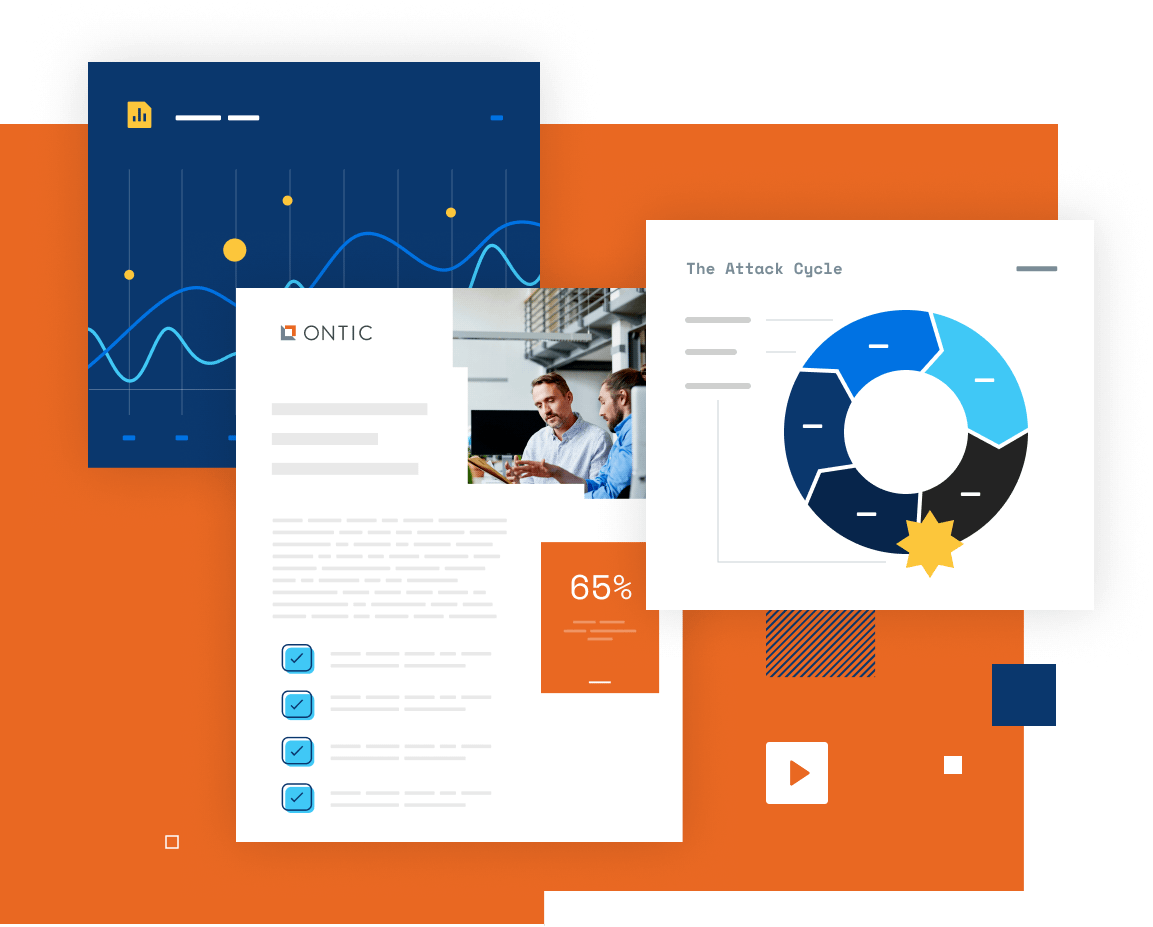How Corporate Intelligence Teams Help Businesses Manage Risk

This article was originally featured in Harvard Business Review and was written by Paul R. Kolbe and Maria Robson Morrow of the Intelligence Project at the Belfer Center at the Harvard Kennedy School.
In January 2020, a small team at the global financial services technology company Fiserv began closely watching early warning signs of a new disease outbreak in the regional capital of Wuhan, China. The team triangulated reliable media sources and applied their best analytical judgment based on comparable early indicators from historic outbreaks, such as SARS. Prescient analysis revealed a potentially major disease was in the offing. The team recommended against executive travel even before the virus had been detected in the U.S., earlier than most companies or governments. Scenario assessments of the potential human and economic impact led the company to invest in protective equipment for personnel early on and mitigate risks by swiftly transitioning to remote work.
Why did Fiserv correctly anticipate looming risk while others languished behind the news cycle? Because it had a dedicated and trusted geo-political analysis team, which practices intelligence work, scanning the horizon and keeping senior leadership informed of growing risk and consequent business implications.
In a world of contradictory and misleading information, this kind of intelligence provides situational awareness of cyber threats, security risks, political instability, or other trouble brewing. Smart business leaders consciously use intelligence to shape their decisions.
For the complete article, check out Harvard Business Review





